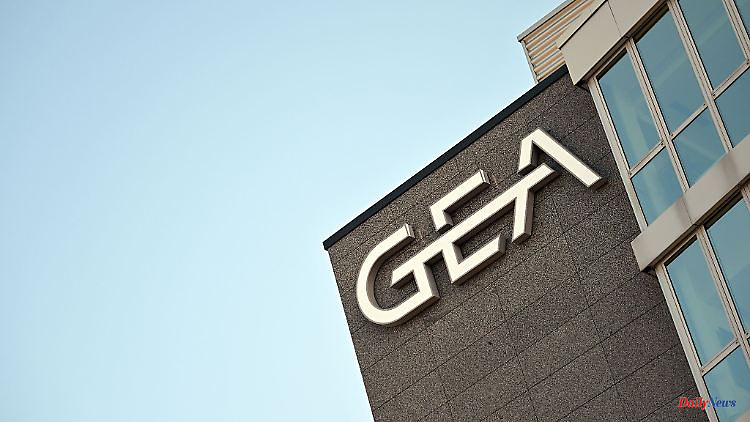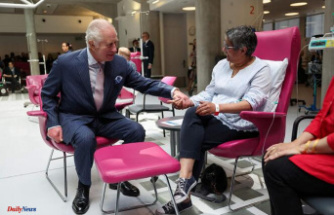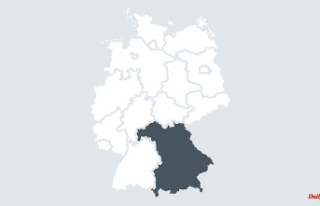Anyone who drinks a beer or consumes a dairy product often has a connection to the Düsseldorf company Gea. Because their systems are used in many breweries and farms. The company presents brilliant numbers - despite a Russia effect.
Düsseldorf (dpa / lnw)) - The Russian business of the plant manufacturer Gea will come to an almost complete standstill this year, according to the Düsseldorf company. After sales there had already fallen by 100 million euros last year, there could be further losses of 50 to 100 million euros this year, said CEO Stefan Klebert on Tuesday in Düsseldorf. Then you would have lost almost the entire business in Russia. "It's basically dead."
Goods for basic needs - i.e. food and pharmaceuticals - could still be sold to Russia in the future, but the latest sanctions package make an economically sensible transaction almost impossible. Gea had a refrigeration factory in Russia, which the company sold in 2022.
When asked if they received a relevant amount of money for it, Klebert said it was "nothing that really pleased us". In relation to the 5.2 billion euros in sales that Gea posted last year, the company's formerly 200 million euros business in Russia is only a niche. However, according to the manager, it was "above-averagely profitable".
Gea's portfolio is broad. The company manufactures, for example, brewery technology, centrifugal technology, valves, milking robots, feeding systems and freeze dryers. Business is booming, sales rose by almost ten percent in 2022.
The group exceeded its profit forecast: adjusted for the costs of restructuring the group, earnings before interest, taxes, depreciation and amortization (adjusted Ebitda) increased by 14 percent to 712 million euros in 2022. In the current financial year, the CEO expects further increases in profits.
Gea makes 80 percent of its revenues with systems for the food industry and for pharmaceutical companies. Away from this core business, the company is breaking new ground and selling, for example, a system that extracts, filters and washes CO2 during cement production. The carbon dioxide obtained in this way is later used to brew beer or is stored underground. Regarding this CO2 business, Klebert said: "We believe that we have a lot of growth ahead of us, because the whole cement industry is a main source of CO2 emissions." With the Gea technology, cement manufacturers could improve their greenhouse gas balance.
According to the manager, Gea is currently only taking in a high double-digit euro amount per year with this still young line of business, and the trend is rising. In view of the increasing political pressure on the cement industry to improve its climate balance, Klebert believes there are good opportunities for strong growth.
The group has a good 18,000 full-time positions, around a third of them in Germany. The largest plant is in Oelde (NRW) with more than 1600 employees. So-called separators use centrifugal forces to ensure that the cream is separated from the milk, for example. In Bönen (NRW), 800 people work for Gea and produce milking robots, among other things. In Büchen (Schleswig-Holstein; 600 employees) the focus is on cleaning and brewing technologies. The administrative headquarters with around 400 employees is in Düsseldorf. According to the company, about every second liter of beer worldwide is brewed with the help of Gea systems. In the case of processed milk, the proportion is a quarter.












